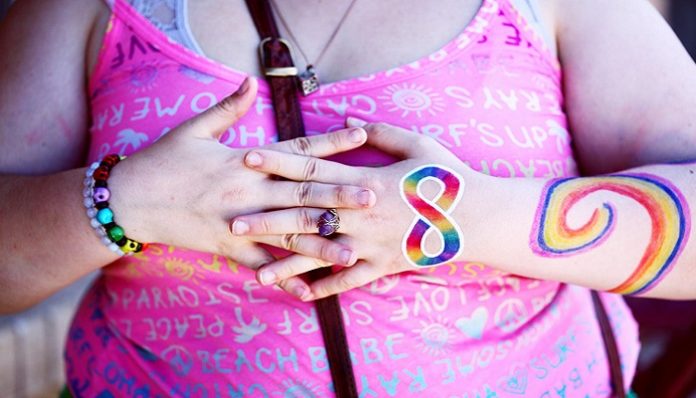
Being the eldest child in the family comes with responsibilities and emotions that the other siblings do not quite understand or have the opportunity to experience themselves. We are the ones in the house who always have to set the example, the kid who’s kind of like a “trial run” for new parents, and usually the one who grows up under the strictest rules. These facts of life may be a bit of a downer sometimes, but of course there are perks unique to being the eldest that I’m sure all fellow first-borns can relate to: being the boss of your younger sibs, never getting hand-me downs, and experiencing the joy of being someone who your younger sibs look up to. I may be biased, but being the eldest child is pretty cool.
But what does life look like when you’re the older sister to a sibling with Autism, or any disability for that matter? Well, it looks a lot different.
My younger sister, Julia, and I are only 14 months apart. Although we are so close in age, we could not be more different. Julia was diagnosed with severe Autism when she was a baby; it’s all I’ve ever known. She is the sweetest, funniest, most innocent girl that you’ll ever meet, but also one of the loudest, most OCD, and difficult people at times. Growing up as her older sister has been quite the journey, with infinite highs and so many lows. It’s a challenge and a blessing every day.
Some days, being an older sister to a sibling with Autism is a breeze. She’ll do her thing, you’ll do yours, and it will feel like your life is completely “normal.” These are the days when you don’t even remember or acknowledge the fact that your younger sibling is different from you or anyone else. Other days, this is not the case. Something that may seem so small and insignificant, like the clock being off by a couple minutes, or a TV show being re-scheduled, or having company over for dinner will turn into something much bigger. These small changes and mishaps in a schedule can transform your sweet, goofy sibling into someone who cannot be controlled or calmed down. And this can happen anywhere, anytime, without warning.
Even on good days, as Julia’s older sister, I often feel sad, helpless, and angry. I can’t help but to ask myself these questions over and over again:
Why is she this way?
What would life be if she weren’t Autistic?
What’s going to happen when my parents are gone?
What’s going to happen when I’m gone?
What goes on inside her mind?
Does she feel loved?
Is she happy?
The list of questions goes on and on. There are days when I will be driving in the city, or just trying to go to sleep, and these thoughts hit me and I just cry because being the older sibling of someone with Autism is an entirely new definition of responsibility and worry. Sure, all older sibs worry about their little brothers and sisters, but there are so many other factors to worry about when your little sibling cannot function in society like you and I can, or lead a “normal” life.
But we cannot forget about the wonderful days and even the littlest reminders that ground us and help us remember how grateful we are for having our younger sibling in our lives, no matter how different it may be or how much we wish things were different. Even though my sister and I cannot carry on a fluid conversation, we have our own way of communicating. We share inside jokes together, understand when one another is upset, and love each other unconditionally. We fight, laugh, sing, and cry together, just how I imagine “normal” older and younger sisters do (but really, are there any normal pairs of sibs? I don’t think so.) I love my sister so much, and she has taught me more about life than anyone else. And that will never change.
If you couldn’t tell by now, being the older sister of a sibling with Autism is complicated, messy, and definitely a journey. It must be taken day by day, with patience, understanding, love and hope. It is a relationship which must be cultivated with much attention and TLC. Above all, it is one of the most rewarding life challenges to be presented.
I am proud to be Julia’s older sister, and I hope that she’s proud of me, too.
Featured image via Sharon McCutcheon on Pexels



















Thanks so much for sharing such a personal article and giving us a different perspective to children with autism.
Thanks for sharing, really! I love how we share same thoughts and experiences regarding this matter cause I also have a younger sibling who has autism. Yeah, it’s really tiring at some point but yes, it is rewarding and a life-fulfilling.
Thanks again! This article made me cry!